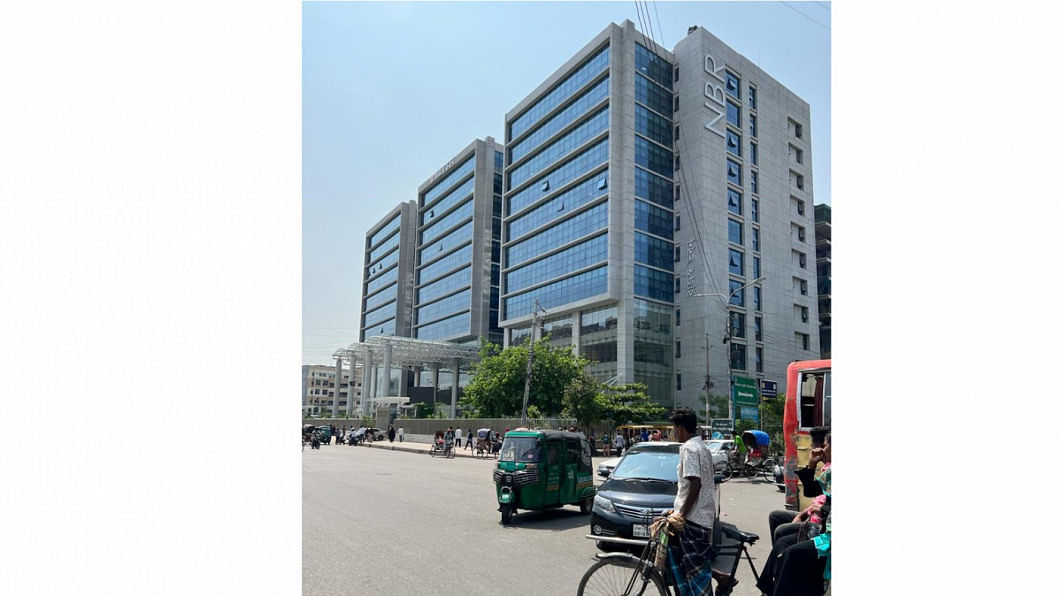Govt amends three key tax laws to dissolve NBR

The government has amended three major tax laws as part of an overhaul that will dissolve the National Board of Revenue (NBR) and create two new bodies -- the Revenue Policy Division and the Revenue Management Division.On 6 November, separate ordinances were issued to update the Income Tax Act, the Customs Act, and the Value Added Tax and Supplementary Duty Act. The changes are aimed at making the laws consistent with the Revenue Policy and Revenue Management Ordinance introduced in May.Under th...
The government has amended three major tax laws as part of an overhaul that will dissolve the National Board of Revenue (NBR) and create two new bodies -- the Revenue Policy Division and the Revenue Management Division.
On 6 November, separate ordinances were issued to update the Income Tax Act, the Customs Act, and the Value Added Tax and Supplementary Duty Act. The changes are aimed at making the laws consistent with the Revenue Policy and Revenue Management Ordinance introduced in May.
Under the revised framework, the two new divisions, each to be headed by a secretary under the finance ministry, will gradually take over the functions currently performed by the NBR. Their specific responsibilities have now been set out in the amended laws.
Once the wider reform ordinance comes into force, these divisions will formally replace the NBR in shaping tax policy and running tax administration.
NBR Chairman Md Abdur Rahman Khan said the laws have been amended so that they align with the Revenue Policy and Revenue Management Ordinance.
He said the finance ministry was now preparing the organogram — effectively the staffing and organisational plan — required to operationalise the new system.
"The organogram is the final major task. Once it is finalised, we will move toward full implementation," he said.
Khan, however, did not specify any deadline for the execution of the much-talked-about ordinance, which stirred widespread protests from NBR officials initially regarding ambiguity over whether officials from the tax and customs cadres would get preference for senior posts in the new divisions.
In the face of protests, the government revised the ordinance in August. In September, Finance Adviser Salehuddin Ahmed told The Daily Star that the final separation of tax policy from administration would be completed by December this year.
Asked whether the visiting International Monetary Fund (IMF) mission had raised any issues regarding the implementation of the revenue reform law, Khan said the discussions had been positive.
"They are satisfied so far. Their main concern is ensuring policy continuity so that the next government continues the reforms," he said.
"The three amended acts reflect our commitment. We are trying to complete everything as quickly as possible."
Khan also said there would be no new taxes or removal of existing tax exemptions before their scheduled expiry.
"On tax increases, the IMF didn't pressure us. They simply asked whether we had any such plans," he added.
He noted that the government's VAT and supplementary duty hikes in January, applied to around 100 goods and services, were part of last year's emergency revenue measures taken on IMF advice.
"Last year was a national emergency. If we repeat that, it could become a trend. The IMF understands the market operates on an annual cycle," he said.